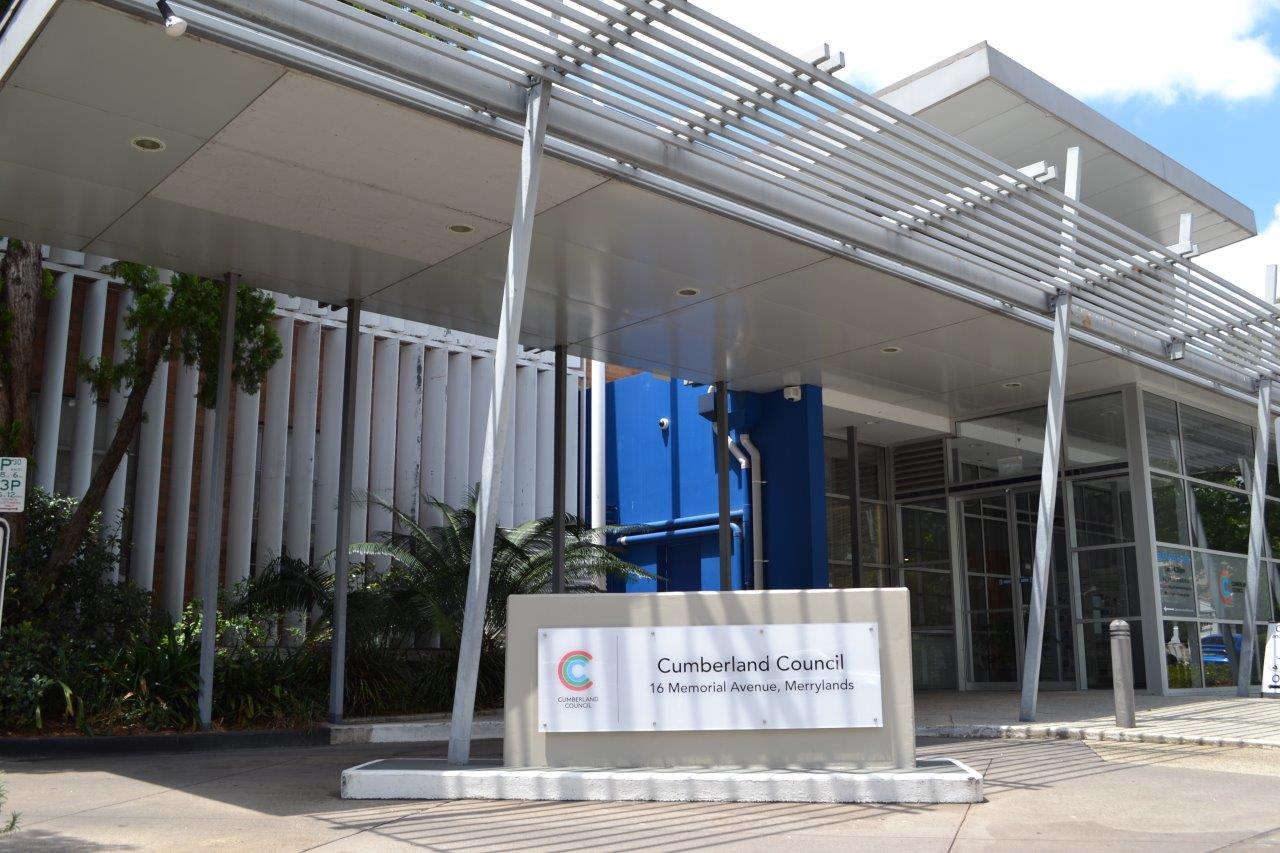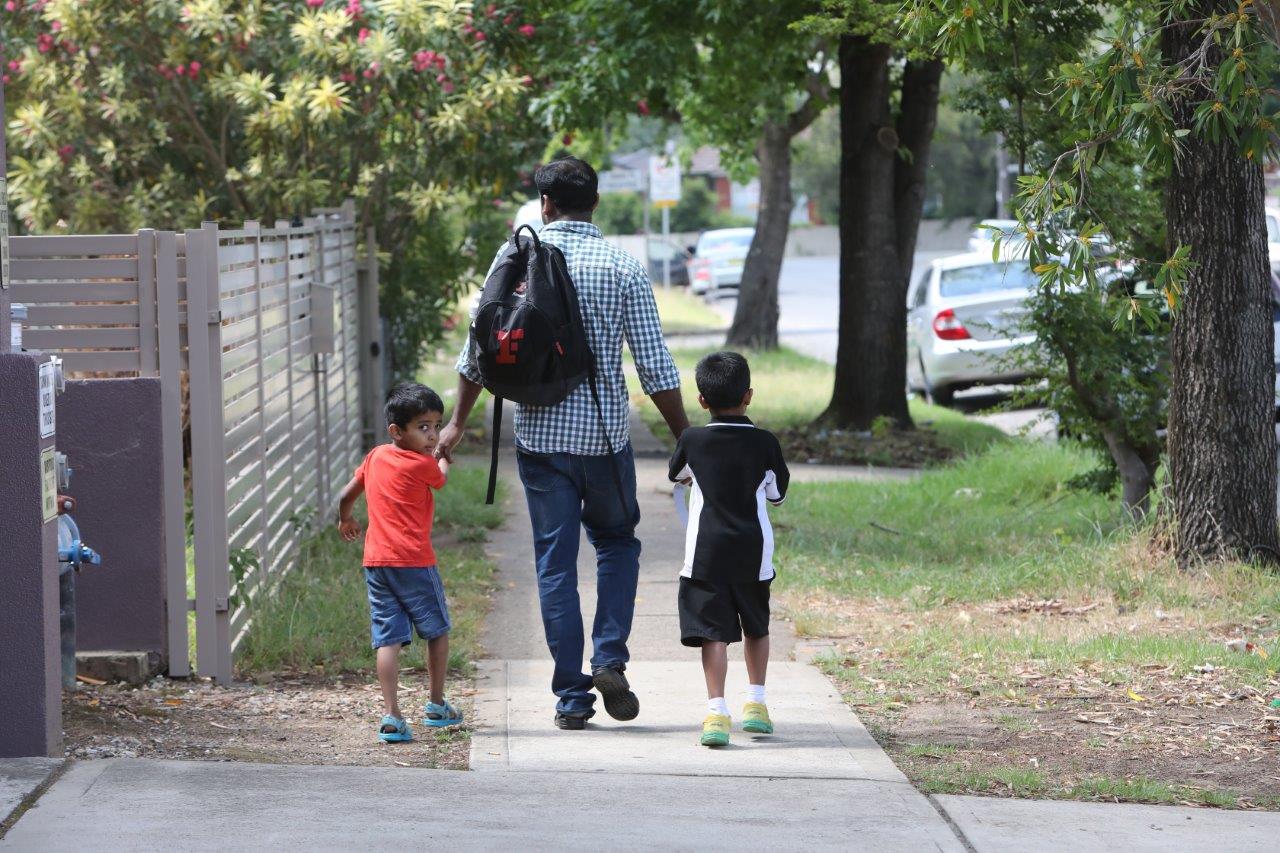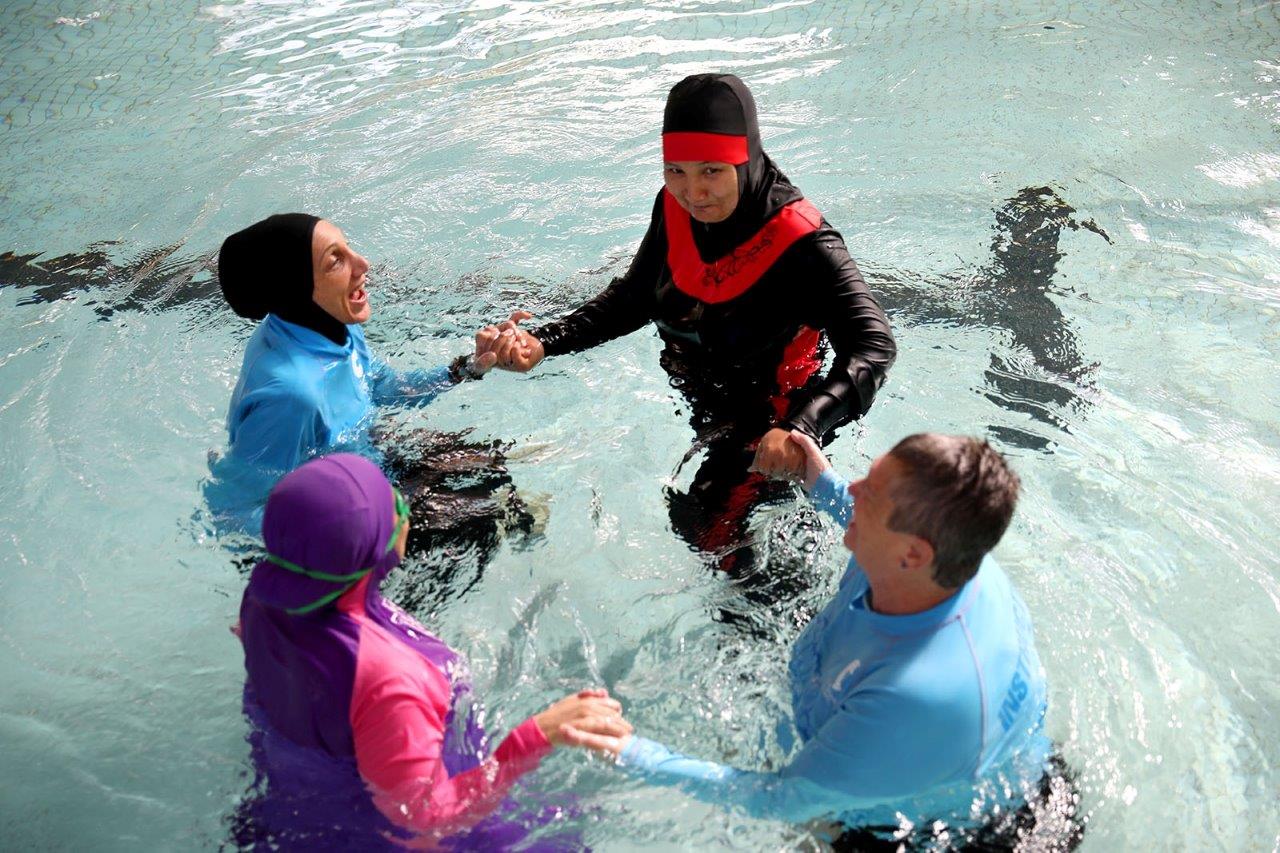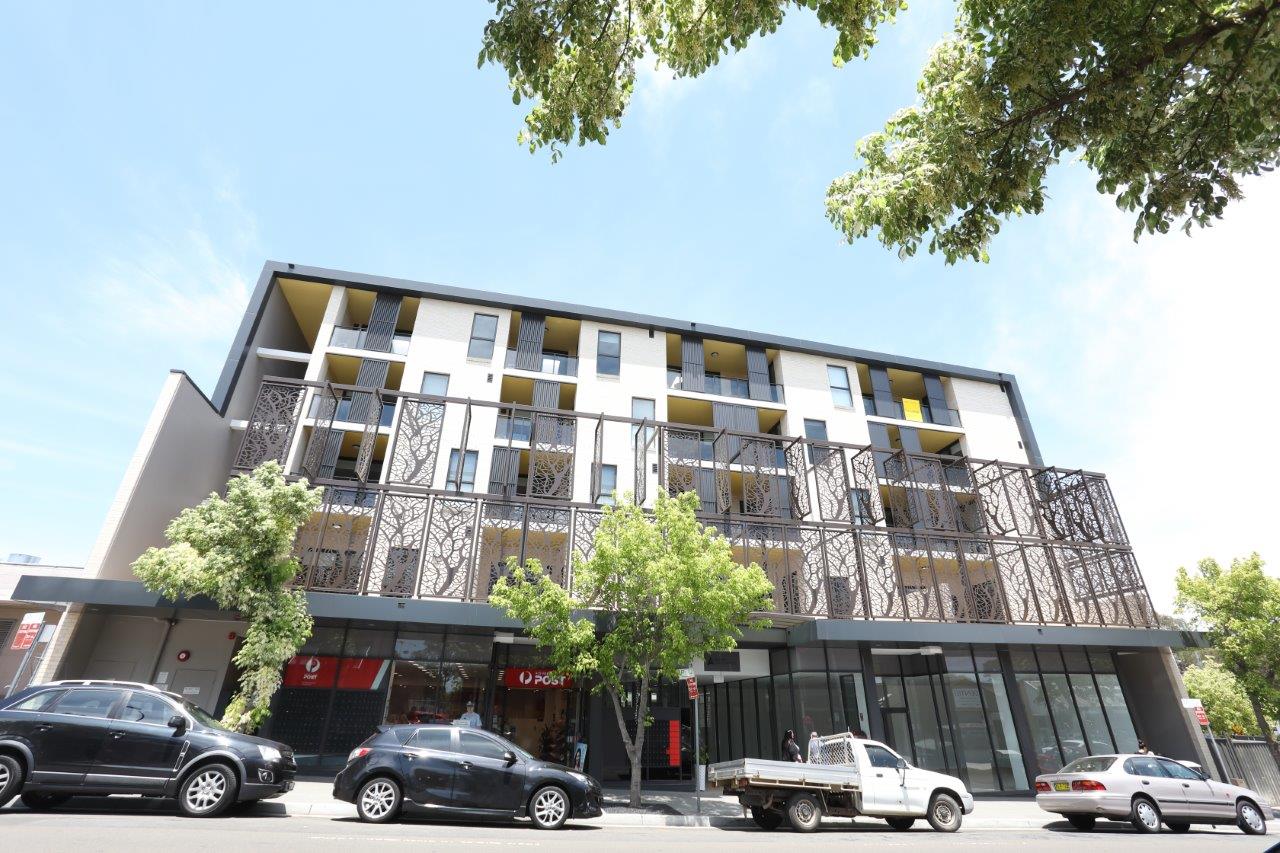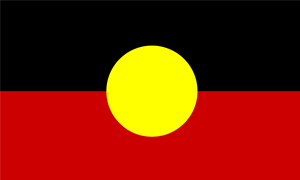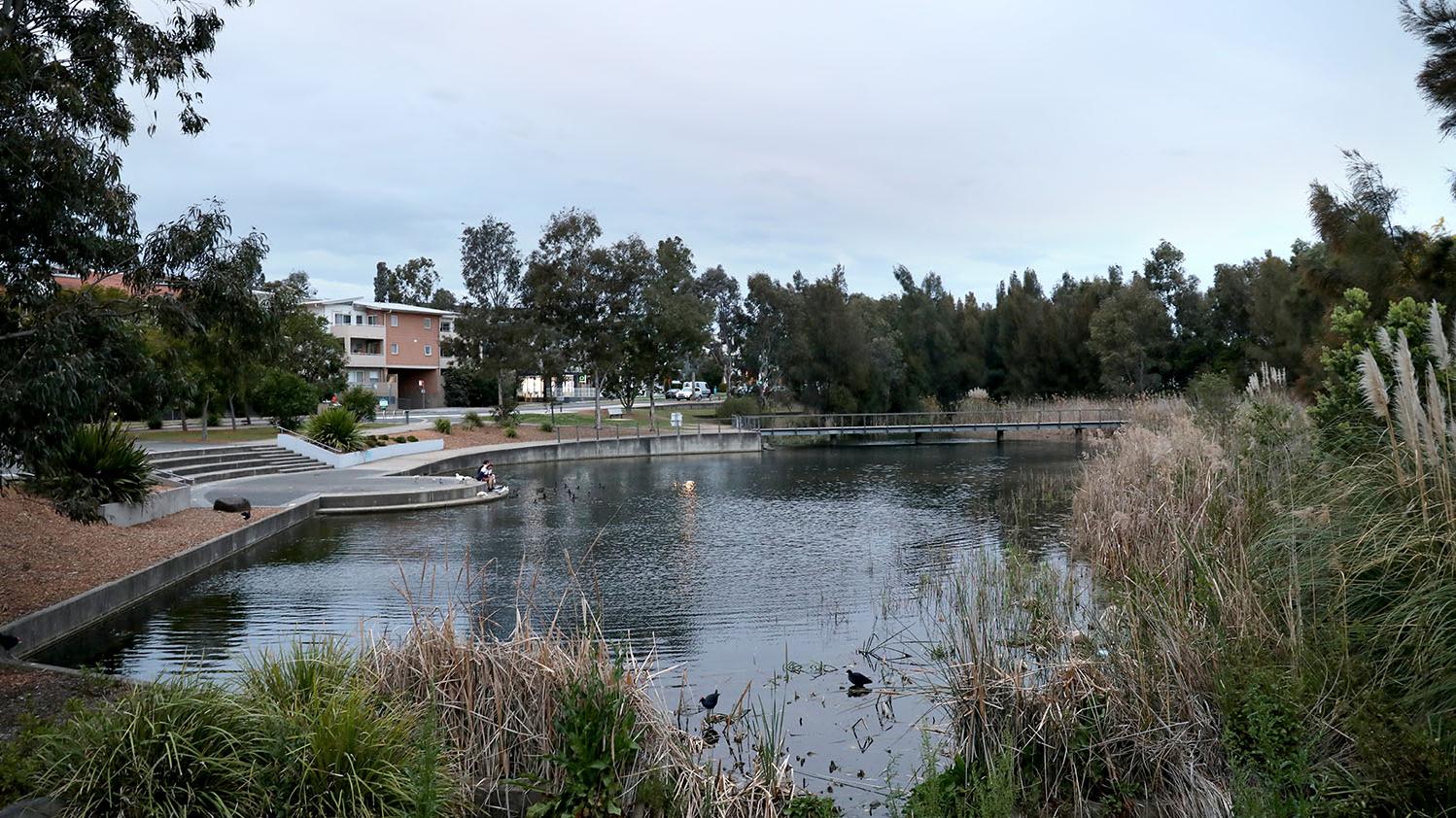
Keeping our water and air clean
Council, local businesses and each individual in the Local Government Area has the power to keep our waterways and air we breath at a high quality. Our health and wellbeing depend on it.
For information on how Council is dealing with water and air improvements, see Council’s Environmental Management Framework
Making a difference
Water Pollution
Water pollution comes from a variety of sources - including litter, chemicals, garden clippings, sand and soil.
Street gutters and stormwater drains directly into our local creeks and waterways. Any pollution that finds its way into gutters or stormwater will drain into our waterways, affecting plants, fish and other aquatic life.
Polluting our waterways is illegal
Anybody who puts unwanted chemicals and waste down our stormwater drains is committing a water pollution offence and can be given on-the-spot fines. You could also be taken to court for causing water pollution.
The following activities are common causes of water pollution:
- Washing cars on the street - cars should be washed on grass, or within a designated wash bay
- Run-off from construction sites
- Cleaning paint brushes
- Tipping oils into the street gutter
- Hosing garden waste and clippings into the street gutter
- Allowing rain to wash soil and sediment off construction sites
Poo-llution from dogs
Dog waste is a common environmental pollutant. It is particularly bad for our environment as it contains infectious bacteria like pathogens, E.coli, Salmonella and Giardia.
If dog waste is not picked up by owners, it seeps into the soil and makes its way into our rivers, creeks and waterways.
- You must immediately clean up after your dog in public places and dispose of the waste properly
- You could receive an on-the-spot fine for failure to clean up after your dog
- You should also train your dog to go to the toilet at home. Start when the dog is young, and make sure you have a place that your dog can use for toilet purposes (even if you do not have a garden)
What is Council doing to keep our creeks and rivers clean?
Members of Parramatta River Catchment Group
The Parramatta River Catchment Group (PRCG) consists of local councils, state agencies and community representatives who work together to improve the health of the Parramatta River catchment.
As members of the group, Cumberland City Council collaborates with and coordinates efforts to manage water quality in the catchment.
Through regional collaboration, the Parramatta River Catchment Group oversees:
- The coordination of effort
- Professional management
- Best use of resources
- Having an impact on governmental policies and decisions affecting the catchment
- Regional, collaborative projects that address one or more issues affecting the local environment
- Though the combined organisation, we are achieving more than we would if each member worked separately
As members of PRCG, Cumberland is working hard to make Parramatta River swimmable again by 2025.
Stormwater Management
Cumberland has installed 127 litter traps to help reduce the amount of litter and pollution entering our rivers, creeks and waterways.
We also have a water monitoring program in place to monitor the water quality at key locations in our area.
Air Pollution
Air pollution can come from a variety of sources.
Many people may think that it is from industry or similar, however, the most common source within residential areas is from backyard burning and wood heaters.
Smoke from wood heaters is a major cause of air pollution. In fact, during winter, wood heaters can produce up to 7 times more air pollution than cars.
If you have a wood heater, or want to install one, you should ensure it works effectively by:
- Checking your heater complies with Australian Standard 4013. If it doesn’t, it is less efficient and more likely to produce pollution.
- Only use aged, dry wood. Freshly cut wood needs to be stored in a dry area for 8 to 12 months before use.
- Don’t burn rubbish or treated/painted wood.
- Keep the fire burning brightly, don’t let it smoulder.
- Don’t let your fire smoulder overnight on the lowest setting. Burn off the remaining wood on the highest setting and allow your house to retain the heat overnight.
Further information
For more information contact Council on 02 8757 9000.
